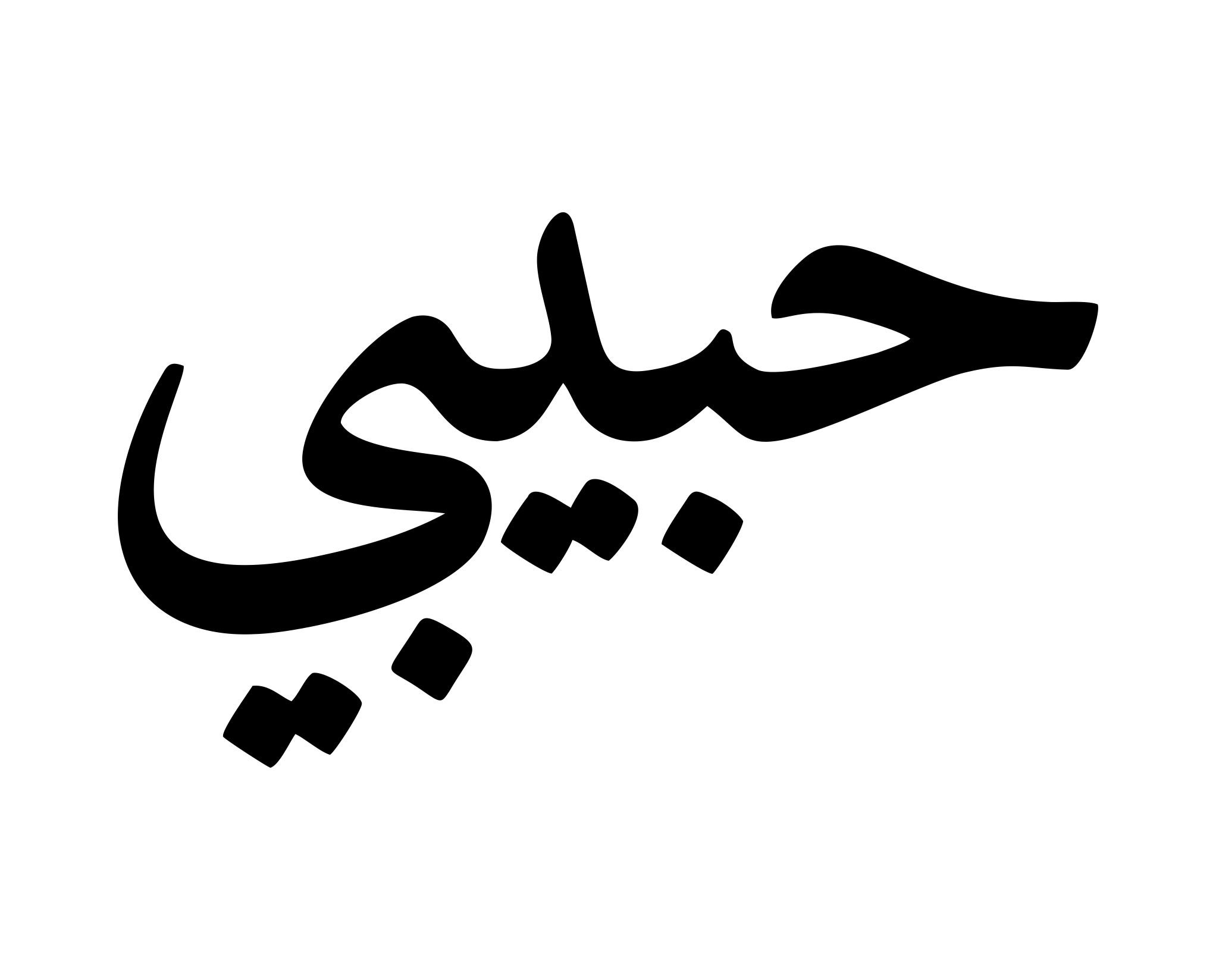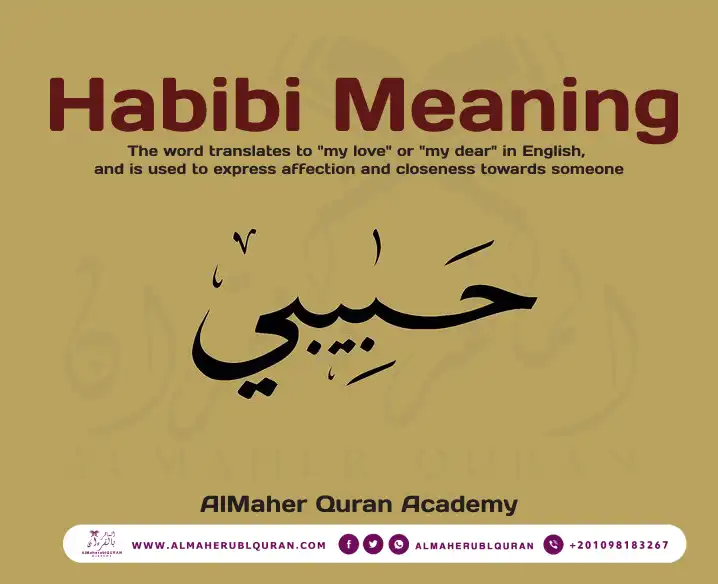Habibi & Habibti: Meaning & Cultural Significance - Learn Now!
Is it possible for a single word to encapsulate a culture's heart, traveling across borders and resonating with people worldwide? The widespread adoption of "Habibi" and "Habibti" demonstrates precisely that, illustrating the power of language and emotion to transcend geographical boundaries and unite people in a shared sense of affection.
These terms, originating from the Arabic language, have experienced an extraordinary surge in popularity, far beyond their origins in Arab nations. They have become ubiquitous on social media platforms, in casual conversations, and even in mainstream media, cementing their place in the global lexicon of endearment. But what is it about these seemingly simple words that has captured the hearts of so many?
"Habibi" and "Habibti" are, at their core, affectionate terms. They are frequently used as pet names for lovers, partners, friends, and family members, expressing feelings of love, care, and deep connection. In English, they translate roughly to "my love," "my dear," or "my darling." However, their significance goes far beyond a simple translation. These words carry with them the cultural weight of Arabic traditions, reflecting a deep appreciation for connection, hospitality, and the bonds between people.
Learning Arabic? "Habibi" is undoubtedly one of the first words you'll encounter, acting as a kind of linguistic Swiss Army knife. It can be used in countless situations and with a wide range of people. However, It's crucial to note, as with similar terms like "Ya Albi" (my heart) and "Ya Roohi" (my soul), "Habibi" and "Habibti" are best reserved for those with whom you share a close relationship.
The distinction between "Habibi" and "Habibti" is straightforward, yet essential. "Habibi" is the masculine form, used when addressing a man or a male friend. "Habibti" is the feminine form, employed when speaking to womenfamily, female friends, or colleagues. The difference lies in that single letter: the "t" added to the end to signify the feminine.
But the influence of "Habibi" and "Habibti" doesn't stop with their usage. The terms have become cultural exports, appearing in songs, poems, and everyday conversations. Many Arabic songs employ these terms, adding a layer of emotion and cultural richness. In short, they're used to express love, affection, or deep care for someone.
The cultural roots of "Habibi" are deeply embedded in the values of Arabic society. In many Arab countries, these terms are used to make others feel special and valued, showcasing a warmth and inclusivity that has resonated with people of diverse backgrounds. It's especially common in countries like Egypt, Lebanon, and those in the Gulf region, but its appeal extends far beyond these specific geographical boundaries.
These terms represent more than just words; they are symbols of cultural exchange, reflecting the increasing interconnectedness of the world. Social media platforms have played a pivotal role in this spread, as they facilitate the easy dissemination of language, culture, and ideas across borders. This digital diffusion has allowed "Habibi" and "Habibti" to thrive, cementing their place in the global vocabulary of affection.
The word "Habibi" has gained so much recognition that it is now featured in lyrics of various songs, and has become a daily conversation. "Habibi" and "Habibti" are a cultural phenomenon, with "Habibi" meaning "my love" to be used for males and "Habibti" meaning "my love" to be used for females.
In the United Arab Emirates and other Arabic countries, the term is employed with friends and colleagues alike. It is a testament to the rich heritage of love and hospitality inherent in the Arabic language, acting as a bridge that connects people and strengthens social bonds.
The power of these words is evident in how they're used in numerous places, from casual conversations to creative endeavors. In the world of music, "Habibi" and "Habibti" often serve as powerful tools to add depth, cultural richness, and emotional resonance to songs. This cultural prevalence creates a vivid and evocative tapestry. As the world becomes more interconnected, the importance of these linguistic gems can only continue to grow. This shared recognition shows the significance of how love has found a global voice in just two words.
The evolution of "Habibi" and "Habibti" highlights the way language and culture can transcend borders. "Habibi" isn't just a term; it's a cultural bridge, a reflection of a globalized world where language and emotion have the ability to connect and build bonds between diverse communities. The phrases express the universality of affection, echoing across time and space.
| Term | Meaning | Gender Usage | Cultural Significance |
|---|---|---|---|
| Habibi | My Love, My Dear, My Darling | Masculine (used for men) | Expresses affection, reflects Arabic cultural values of connection and hospitality. |
| Habibti | My Love, My Dear, My Darling | Feminine (used for women) | Same as Habibi, but tailored for female recipients. |
| Ya Albi | My Heart | Gender-Neutral | An expression of deep affection and love. |
| Ya Roohi | My Soul | Gender-Neutral | Similar to Ya Albi, indicating a deep emotional connection. |
For anyone interested in further exploring the nuances of the Arabic language and culture, here's a reference website: Britannica - Arabic Language


